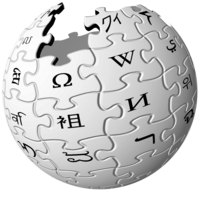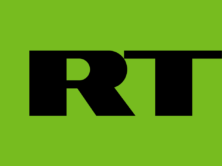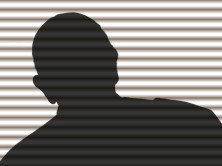
Wikipedia acknowledges that errors can occur and researchers need to fact check using additional sources. Then why do German media complain that they were duped when a Wiki-hoaxer added an extra name to a politician moniker? The journalists instead of blaming Wikipedia, should have picked up the phone and called the politician's office to verify his name before publication.
The Local, an English language German news site, reports that the German press ran to Wikipedia to research the country’s new Economy Minister and emerged with egg on their face thanks to a prankster.
According to The Local, the evening before Economy Minister “Karl-Theodor Maria Nikolaus Johann Jakob Philipp Franz Joseph Sylvester Freiherr von und zu Guttenberg” was named to his post, a Wiki hoaxer added “Wilhelm” to the nominee’s already lengthy moniker.
The anonymous poster cited his intention as seeing if anyone would notice.
Without first fact checking the Wikipedia entry, German mainstream media outlets rushed and ended up publishing the hoaxer’s intentional error.
As if the mistake didn’t make newspapers look foolish enough, the newspapers chided the falsified name. Newspaper Bild even ran the altered name under a snarky front-page headline reading, “Do we have to remember this name?”
Many outlets later printed corrections that appear to do a more effective job of blaming the prankster than their own shoddy reporting for the mishap.
Bild claimed zu Guttenberg was a “victim of falsification” that the media “fell into.” Spiegel Online admitted “insufficient research” but added there was “a manipulation of the internet encyclopedia Wikipedia” and that “time pressure was great.” How tight are the deadlines in Germany that media professionals can’t spare even a minute to check a formal source to clarify someone’s name? Pick up the phone!
According to Wikipedia’s About page,“Visitors do not need specialized qualifications to contribute… Most of the articles can be edited by anyone with access to the Internet.” The page even admits that while editors often swoop in to correct mistakes, “newer articles tend more frequently contain significant misinformation, unencyclopedic content and vandalism” and advises users to be aware of this. Their research guide even declares that “In most academic institutions Wikipedia is unacceptable as a major source for a research paper.”
Too bad the German media didn’t follow Wikipedia’s warnings and make one simple phone call to the new Minister’s office to verify his name.






Comments Terms and Conditions